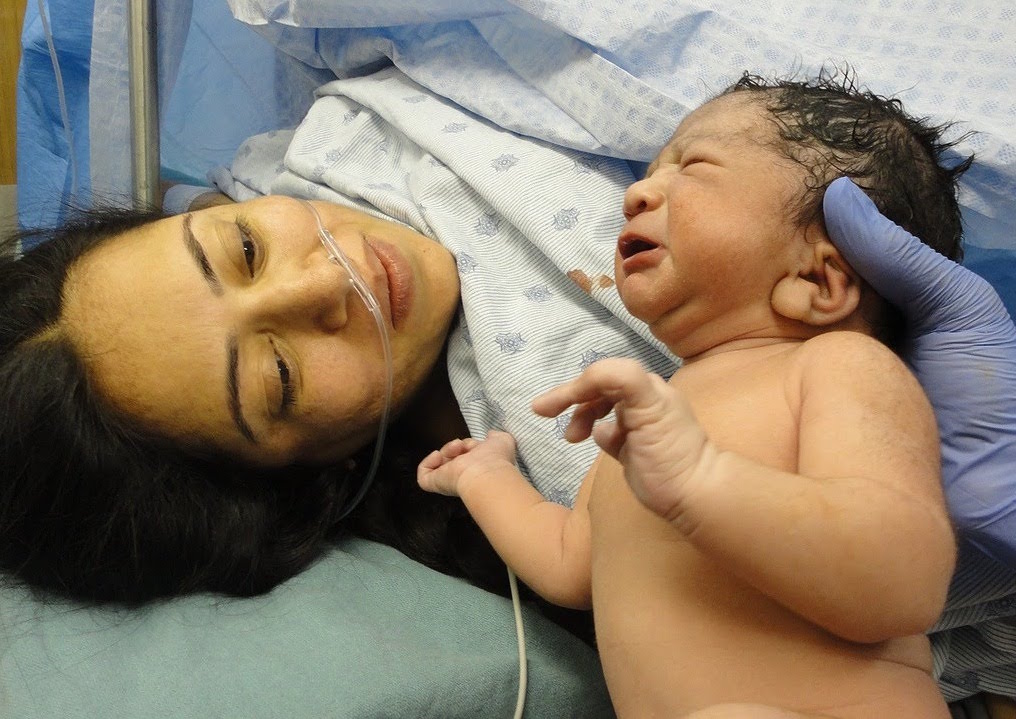The Royal College of Midwives’ latest survey of the state of midwifery departments paints a difficult picture of staff shortages, a lack of funding and low morale. Midwife vacancies have doubled in a year and a lack of staff means that midwives are being redeployed away from community work to cover the essential areas – the labour wards and delivery suites. This means that key areas of work are now being cut back and the choice for pregnant women is reducing.
The RCM survey of Directors and Heads of Midwifery, part of evidence presented by the RCM to the NHS Pay Review Body, found that over half (54%) report not having enough funding for adequate staffing levels and eight out of ten (80%) have midwife vacancies and the number has almost doubled from 611 in 2018 to 1056 in 2019.
The survey also found that staff morale was a major issue, with over two-thirds (72%) saying morale was just ok or poor, up from half (50%) in 2018.
Commenting on the findings of the RCM survey, Gill Walton, Chief Executive and General Secretary, said:
“Despite positive government commitments to increase midwife numbers our maternity services are facing increasing demand and insufficient staffing and resources. This impacts on the quality of care women are receiving and most importantly it is affecting the safety of our maternity services. We need to see the pace of midwife increases stepped-up and more investment put into our maternity services.”
Maternity units in 2019 had to reduce services more often than in 2018, with almost a fifth (17%) saying they had to reduce services in the past year compared with 7% in 2018, and seven out of ten (74%) reporting that they had to redeploy staff at least once a week to cover essential services compared to 62% in 2018.
A few days after this survey came out, a report from the Care Quality Commission (CQC) on maternity units found that maternity units continue to show similar failures to those identified by the inquiry into the baby deaths in Morecambe Bay five years ago.
At the end of 2019, The Independent reported on the deaths of dozens of babies in the Shrewsbury and Telford Hospital Trust – a potentially even larger scandal than Morecambe Bay. And in Kent, The Lowdown reported in late February on the inquest into the death of baby Harry Richford, who died at Queen Elizabeth the Queen Mother Hospital in Margate back in 2017, noting the failures in maternity being so often linked with low levels of investment, staff shortages, poor morale, and bullying.
The continued and growing problem with workforce capacity in maternity services, highlighted by the RCM’s survey, shows the urgency of a full and detailed workforce plan. The Royal College of Nursing (RCN) called for the Government’s recent budget to tackle the workforce problems after a National Audit Office report found the NHS ‘does not have the nurses it needs’.
An interim NHS People Plan to address the workforce crisis was released in June 2019, with the full plan promised at the end of 2019 . Months on and there is still no plan. The Chancellor’s first budget in early March, focused mainly on cash for the NHS to deal with coronavirus rather than addressing workforce issues. The RCN noted the government’s reiteration of a commitment to increase nurse numbers, but also that there was a lack of any detailed plan on how the 50,000 promised nurses will be educated, recruited and current nurses persuaded to stay.
Dear Reader,
If you like our content please support our campaigning journalism to protect health care for all.
Our goal is to inform people, hold our politicians to account and help to build change through evidence based ideas.
Everyone should have access to comprehensive healthcare, but our NHS needs support. You can help us to continue to counter bad policy, battle neglect of the NHS and correct dangerous mis-infomation.
Supporters of the NHS are crucial in sustaining our health service and with your help we will be able to engage more people in securing its future.
Please donate to help support our campaigning NHS research and journalism.



Comments are closed.